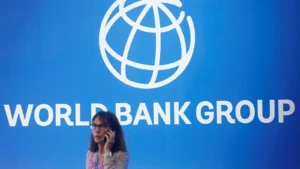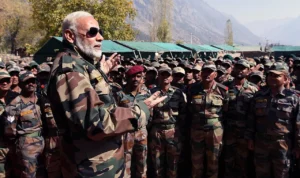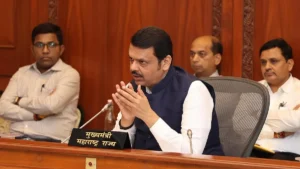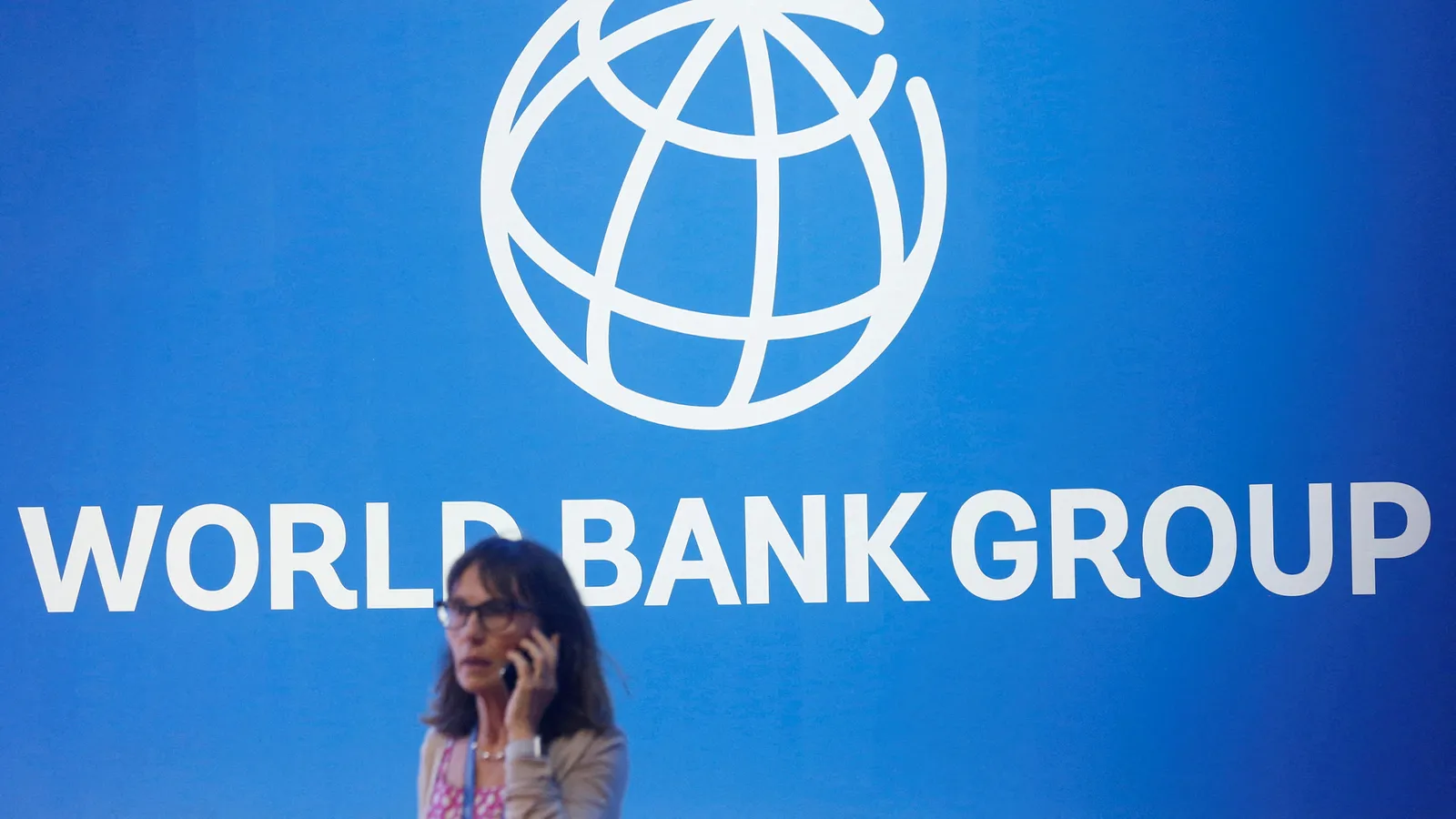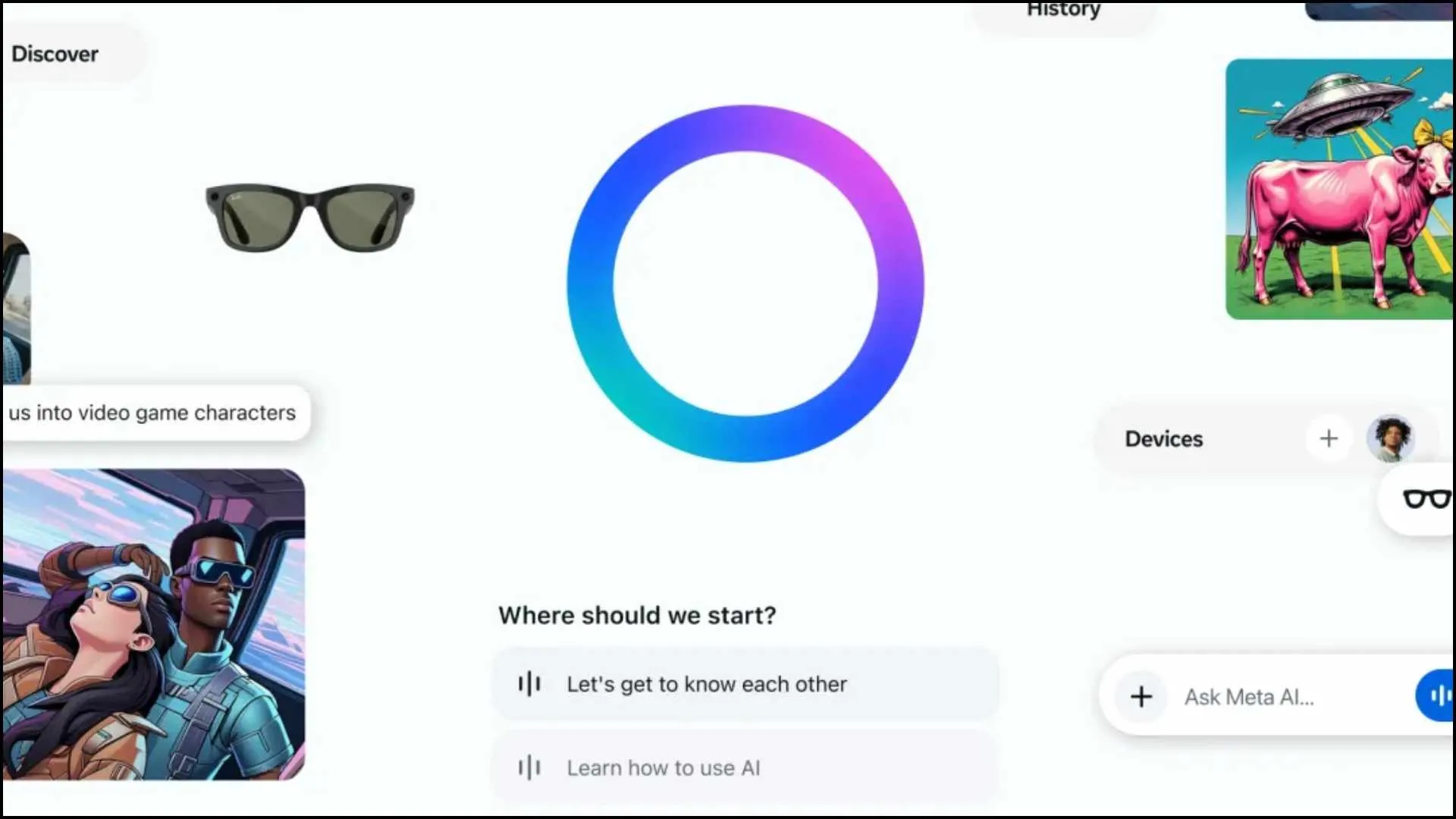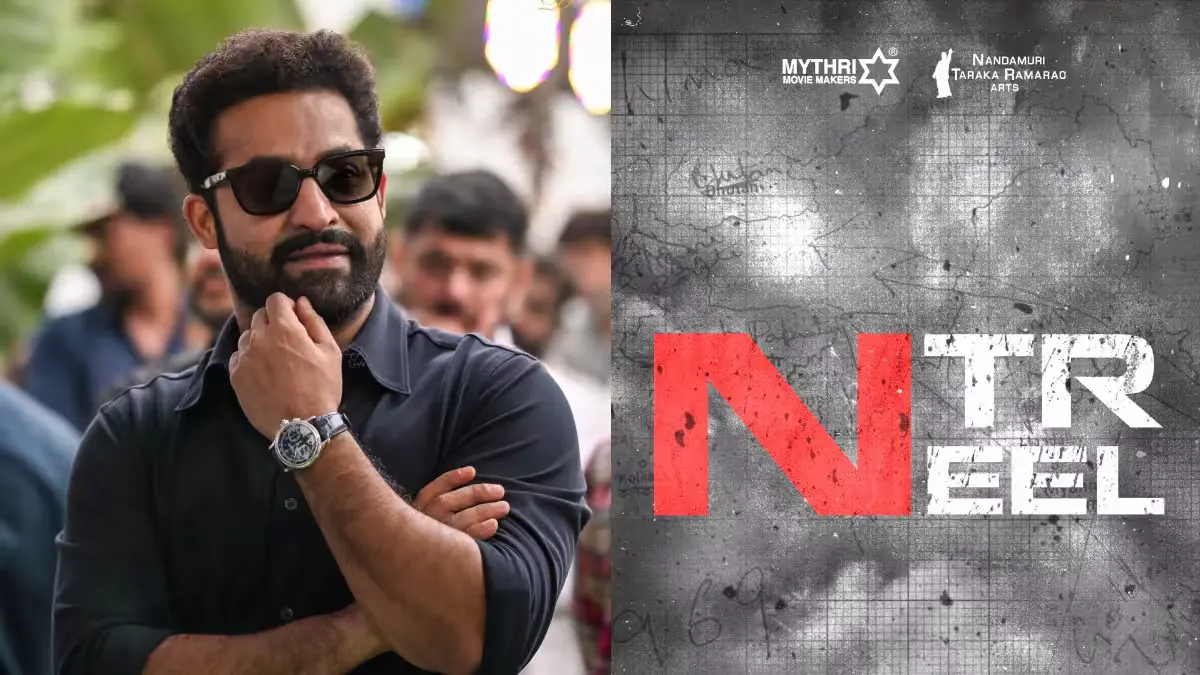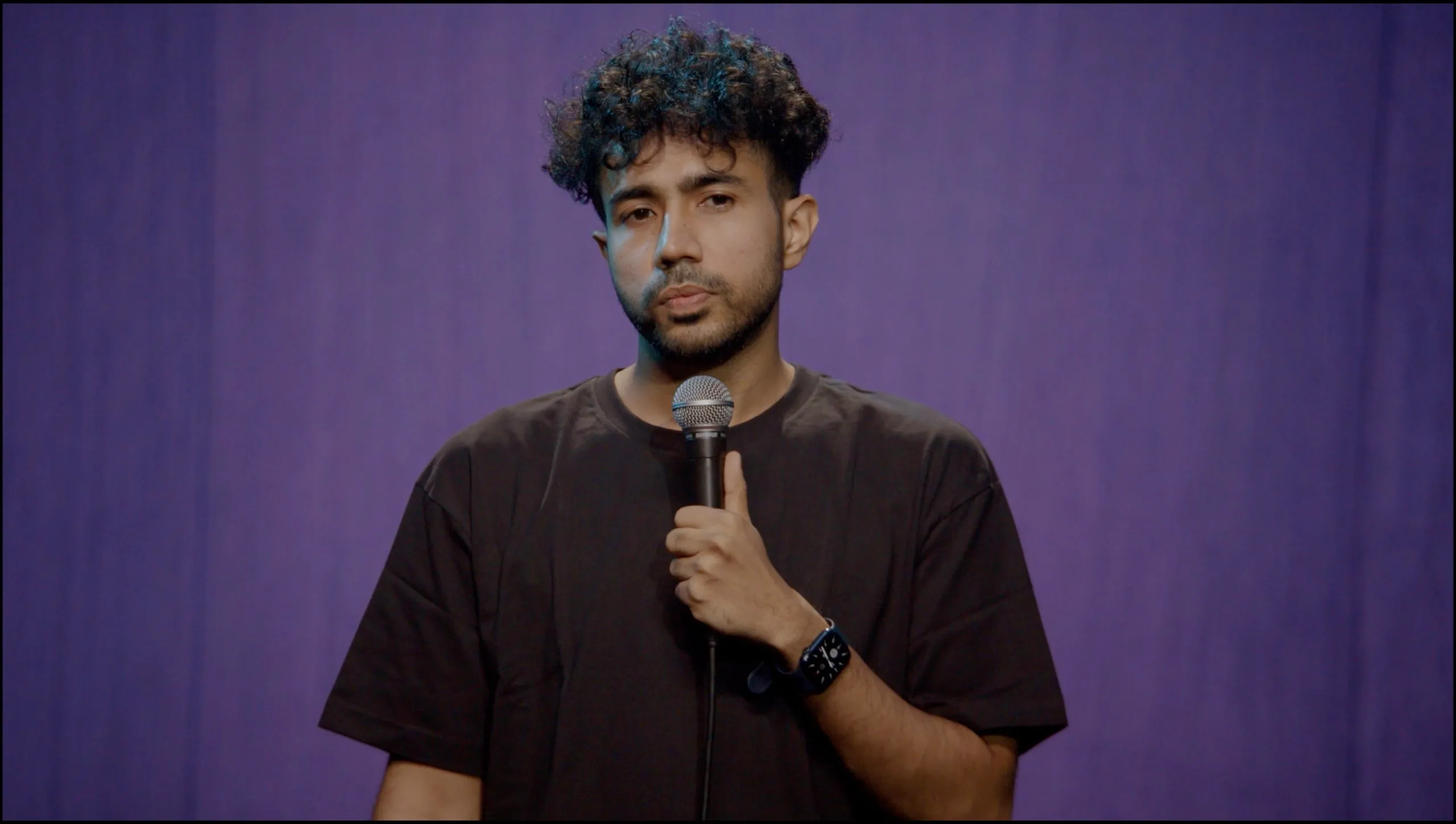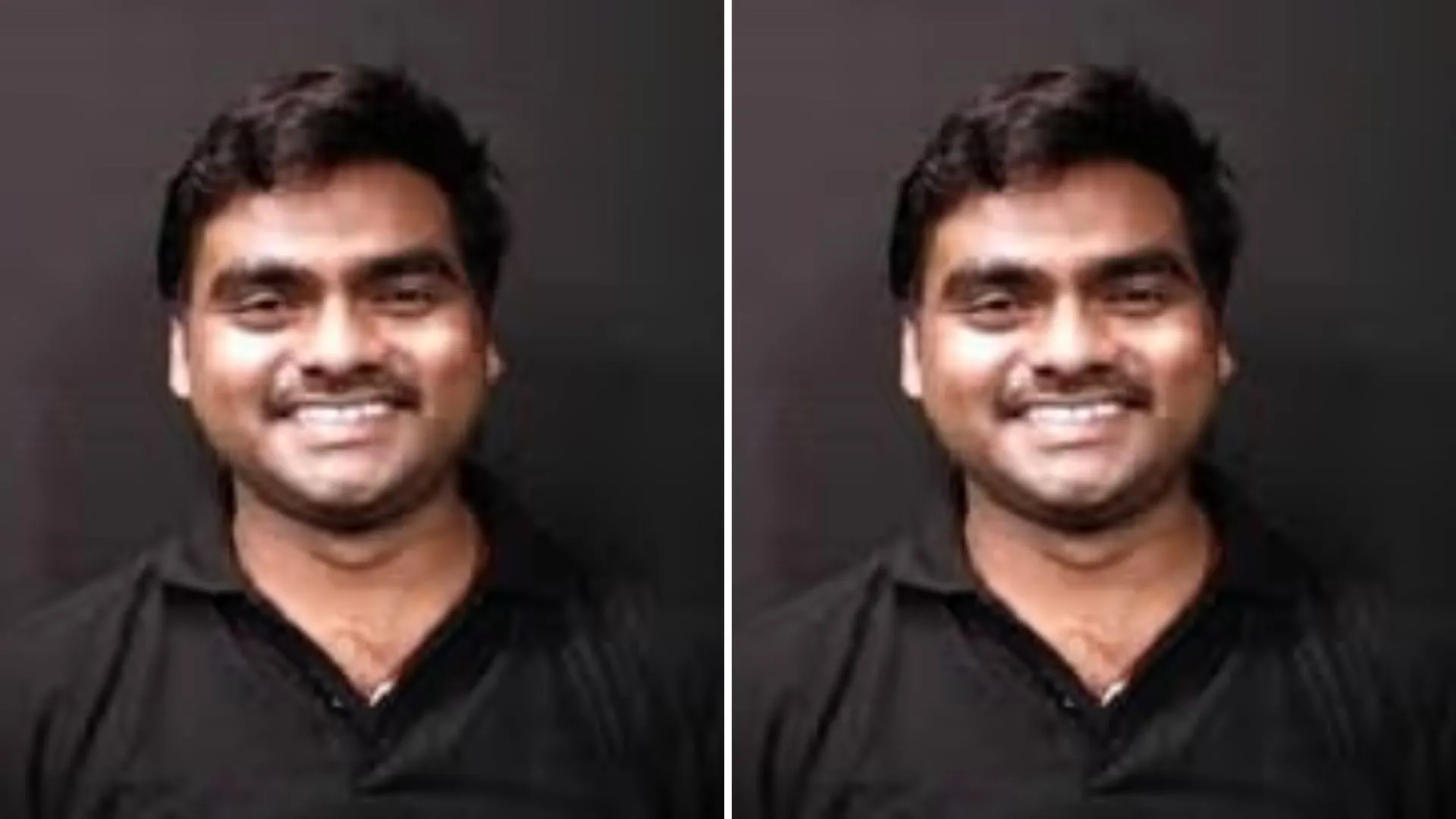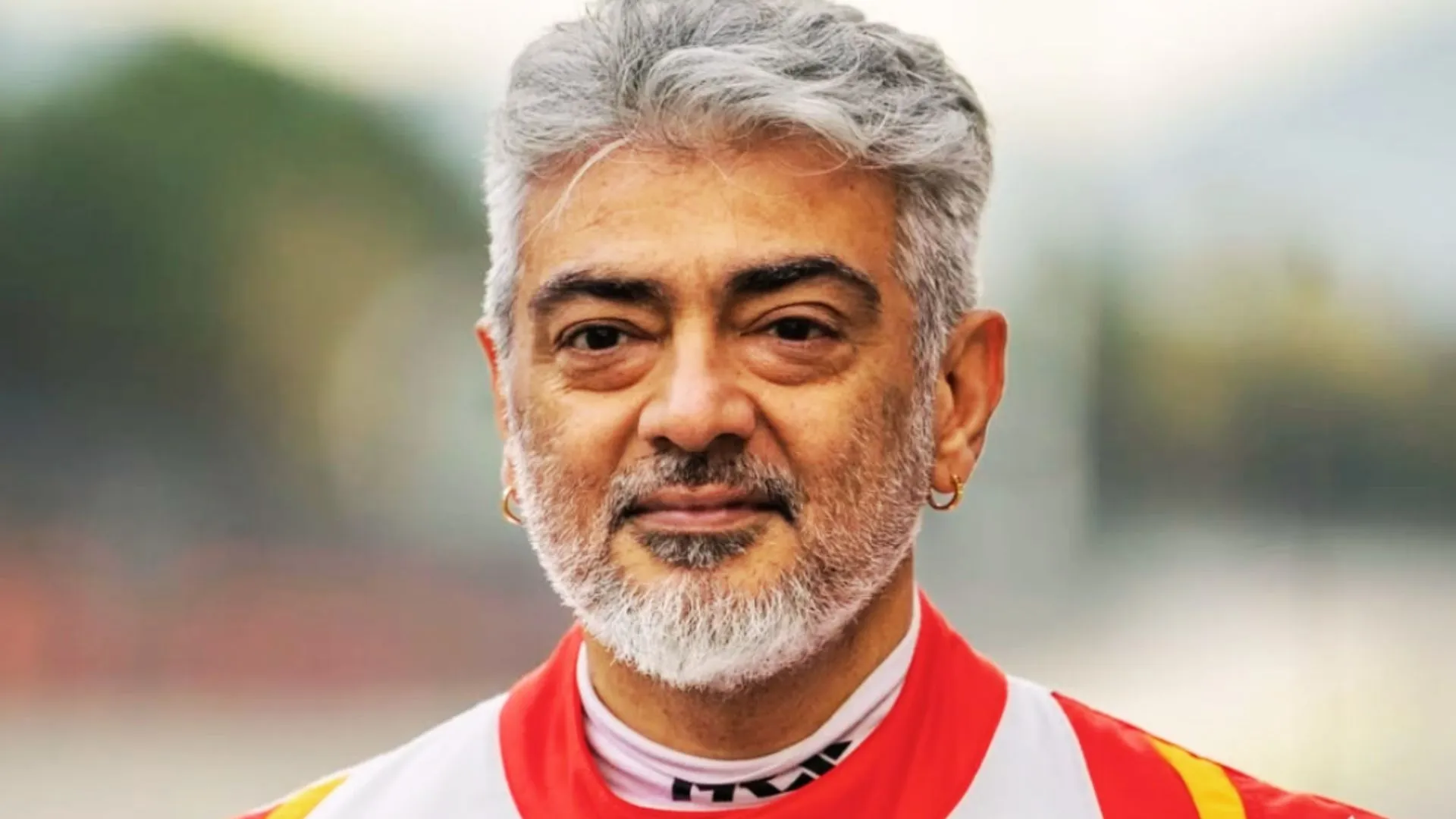India’s External Affairs Minister, S. Jaishankar, has reiterated India’s strong position on the ongoing conflict in West Asia, calling for an immediate ceasefire and advocating for a long-term two-state solution. Speaking at the 10th edition of the MED Mediterranean Dialogue in Rome, Jaishankar condemned the violence, highlighting the unacceptable toll of civilian casualties and the ongoing hostage-taking. He stressed the importance of upholding international humanitarian law amidst the escalating crisis.
India’s Call for Ceasefire and Long-Term Peace
Jaishankar urged the international community to support an immediate ceasefire in the region to prevent further loss of life and destruction. He emphasized that while a ceasefire is crucial in the short term, addressing the future of the Palestinian people remains imperative. India’s long-standing stance is in favor of a two-state solution, which envisions peaceful coexistence between Israel and Palestine.
“In the immediate term, we must all back a ceasefire. In the longer run, it is essential that the future of the Palestinian people is addressed through a two-state solution,” Jaishankar stated.
Condemnation of Civilian Casualties and Terrorism
Jaishankar also condemned the targeting of civilians in military operations, noting that large-scale civilian casualties were unacceptable. He also called out terrorism and hostage-taking, which further complicate efforts for peace and stability. India continues to advocate for adherence to international humanitarian law, particularly in the context of military operations in the region.
Diplomatic Efforts for Peace
Jaishankar highlighted India’s active diplomatic role in engaging with both Israel and Iran at the highest levels, urging restraint and promoting open communication to prevent further escalation. India is committed to facilitating dialogue and diplomacy amidst the volatile situation, seeking to contribute positively to the ongoing peace efforts.
India’s involvement in the region is not limited to diplomatic channels. Jaishankar noted that India has deployed peacekeeping forces as part of the United Nations Interim Force in Lebanon (UNIFIL), alongside Italy. Additionally, Indian naval ships have been stationed in the Gulf of Aden and the northern Arabian Sea since last year, ensuring the safety of commercial shipping routes in the region.
The Broader Global Context
Jaishankar’s remarks also underscored the broader geopolitical implications of the conflict, including its potential impact on global stability and supply chains, especially in light of the ongoing Ukraine-Russia war. As global security remains intertwined, India is working actively to advocate for peace and ensure that humanitarian principles are upheld across all conflict zones.
MUST READ: COP29 Ends with Climate Finance Deal Amidst Global South’s Discontent



